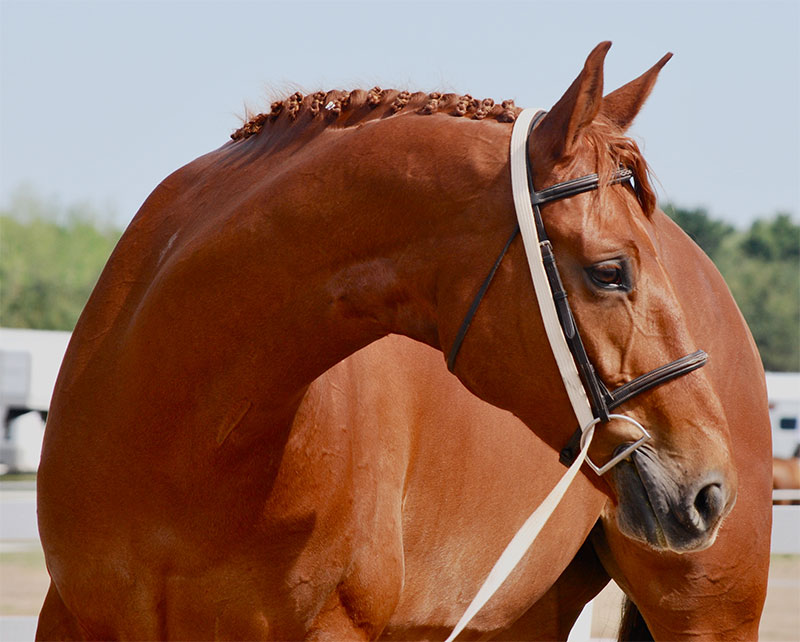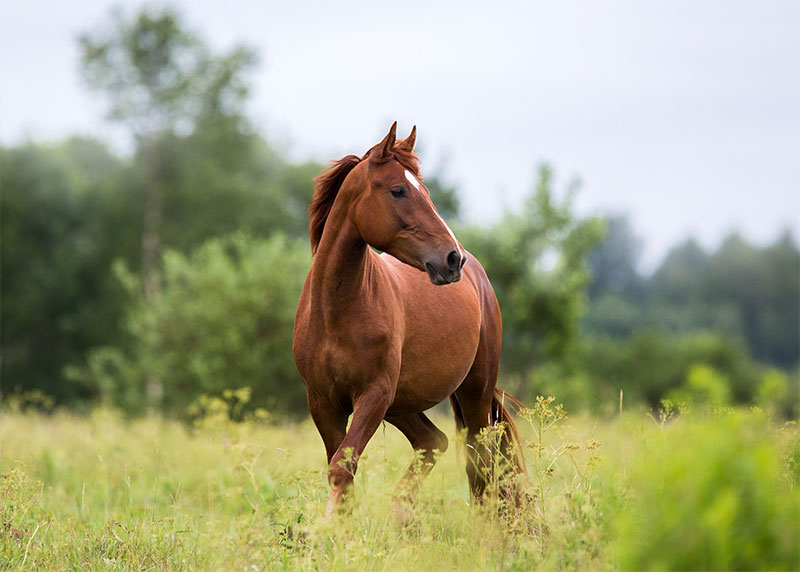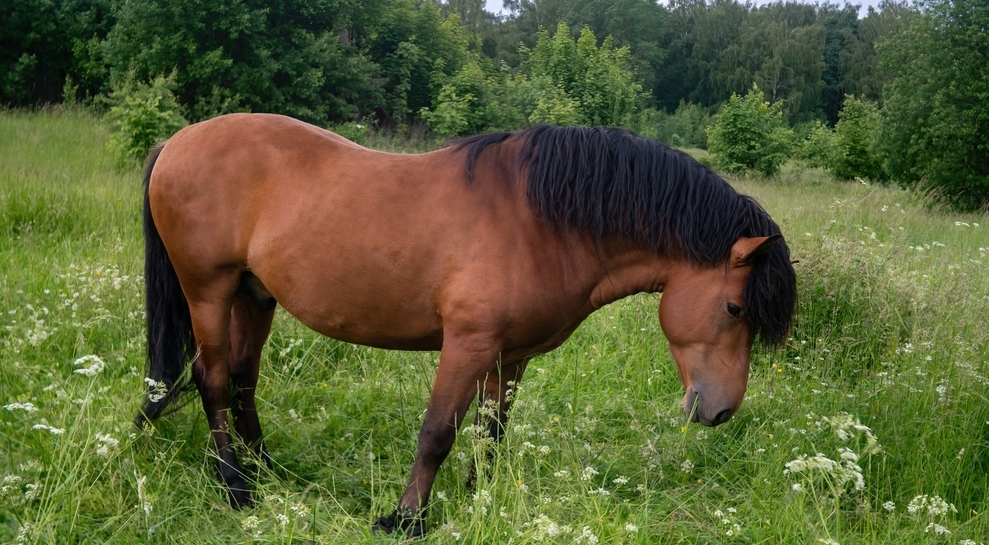Understanding Equine Ulcers: Supporting Your Horse’s Gastrointestinal Health

At Advanced Equine of the Hudson Valley, we’ve seen firsthand how gastrointestinal issues, especially equine gastric ulcer syndrome (EGUS), can affect even the toughest horses. Whether you ride for pleasure or performance, understanding what ulcers are, how they show up, and what you can do to help makes all the difference in keeping your horse happy and healthy.
What Causes Equine Ulcers?
What Do Equine Ulcers Look Like?
How Do We Diagnose Ulcers in Horses?
The only way to definitively diagnose gastric ulcers is with a gastroscopy—a simple procedure where we use a small camera to look inside your horse’s stomach. It may sound intimidating, but it’s safe, minimally invasive, and gives us a clear picture of what’s going on.
We’re proud to offer mobile gastroscopy here at Advanced Equine of the Hudson Valley, so we can perform the procedure at your barn with as little stress as possible for both you and your horse. This allows us to identify exactly where the ulcers are and how severe they might be—so we can make a treatment plan that actually works.
What Does Treatment for Ulcers in Your Horse Look Like?
Preventing Future Ulcers in Your Equine Companion
– Feed frequent, small meals and provide free-choice forage
– Minimize stress with a consistent routine and turnout time
– Avoid or limit NSAID use when possible
– Consider preventative medications during times of stress, such as traveling, showing, or stall rest
Let’s Get Your Horse Feeling Better: Contact Advanced Equine HV Today!

Contact Advanced Equine of the Hudson Valley, and let’s talk about how we can support your horse’s gastrointestinal health.




